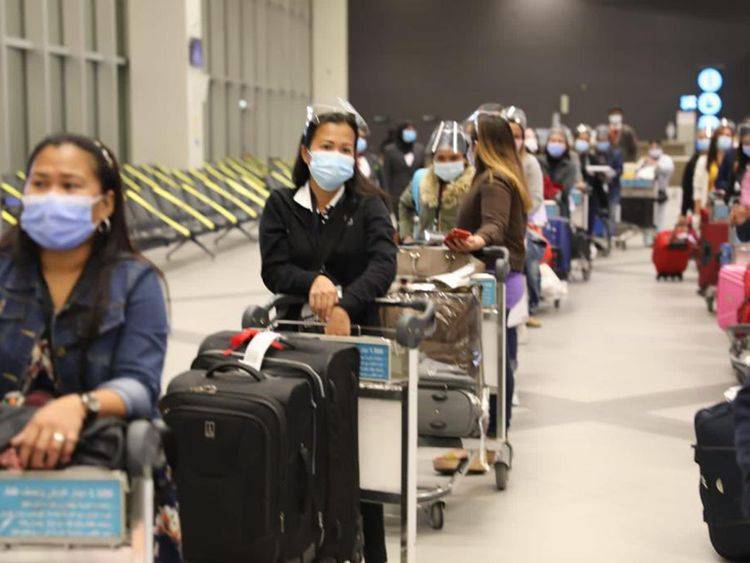Kuwait lifts visa ban on Philippine workers
A year-long stalemate erupted due to concerns over Filipino worker abuse and a lack of domestic worker protections

Dubai: Kuwait has lifted a year-long ban on visas for domestic workers from the Philippines, a move aimed at resolving a diplomatic row sparked by concerns over worker rights.
Year of stalemate
The dispute began in May 2023 when Kuwait suspended all new visas for Filipinos following the murder of domestic worker Jullebee Ranara. Her body was found in the Kuwaiti desert, prompting outrage in the Philippines and a halt on sending new workers to the country. This latest incident added to a history of tension between the two nations.
History of spats
In 2020, the Philippines had already imposed a similar ban on its citizens working in Kuwait after the alleged murder of another Filipina domestic worker. This followed a chilling discovery in 2018, where the remains of another Filipina maid were found in her employers' freezer.
These incidents highlighted the plight of many Filipino domestic workers abroad, facing abuse and violence at the hands of their employers.
Breakthrough
Following months of negotiations, Kuwait and the Philippines reached a breakthrough agreement. The interior ministry announced a "resumption of the recruitment of domestic workers" alongside the establishment of a "joint committee pertinent to domestic labor affairs."
This committee will "convene routinely to address any sticking points that could potentially emerge," aiming to prevent future misunderstandings and ensure better protection for Filipino workers in Kuwait.
Moving forward
The lifting of the visa ban signifies a positive step towards smoother relations between the two countries. However, the success of this agreement hinges on the effectiveness of the newly formed committee.
Both Kuwait and the Philippines must work collaboratively to address concerns over worker welfare and implement stricter regulations that safeguard the rights and safety of domestic workers.